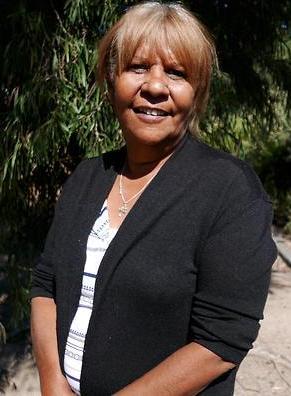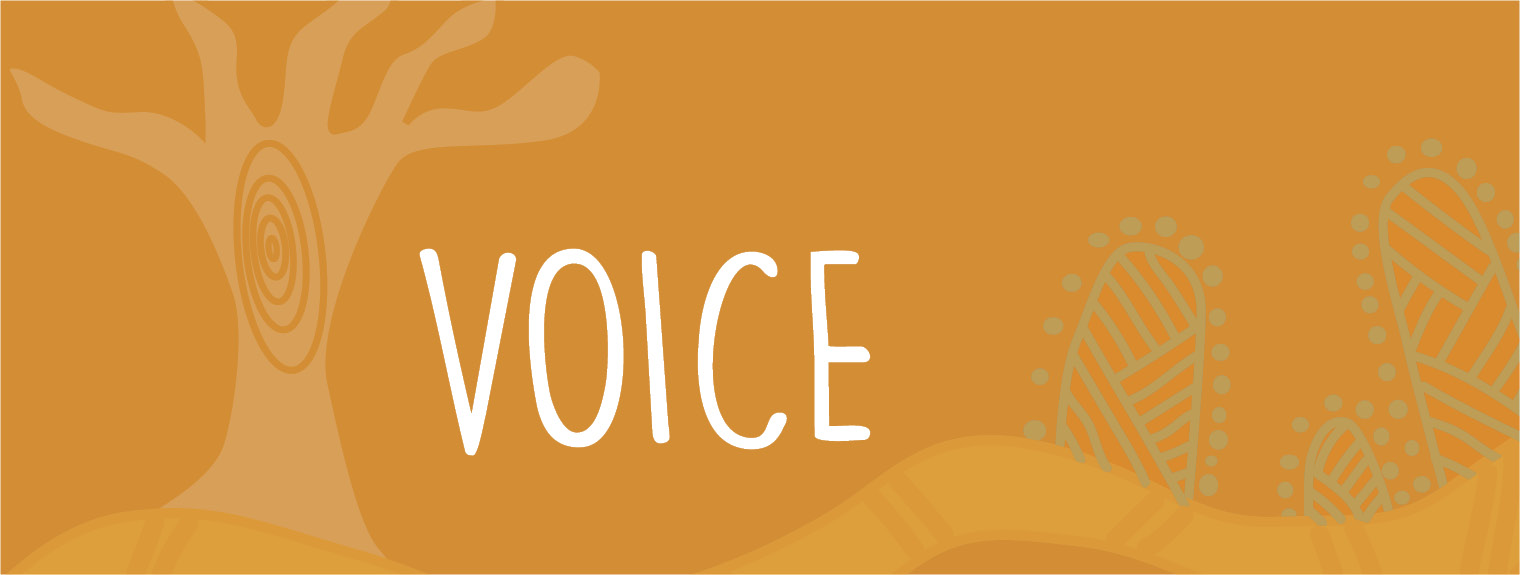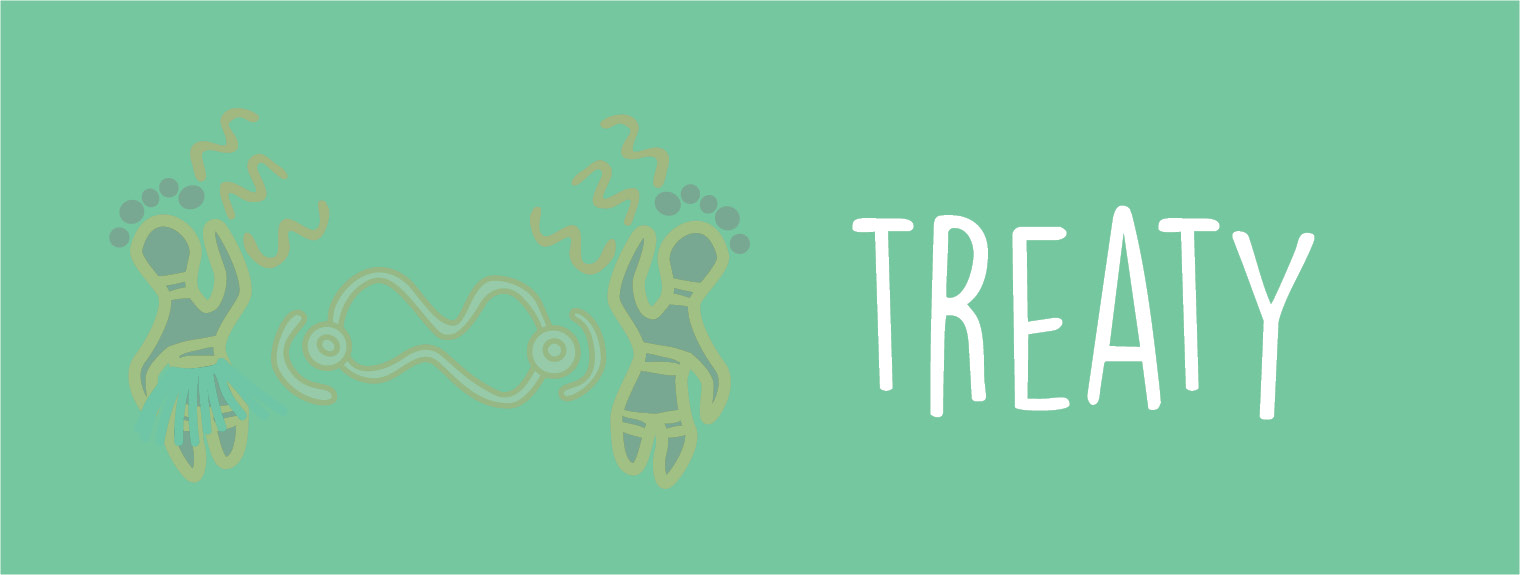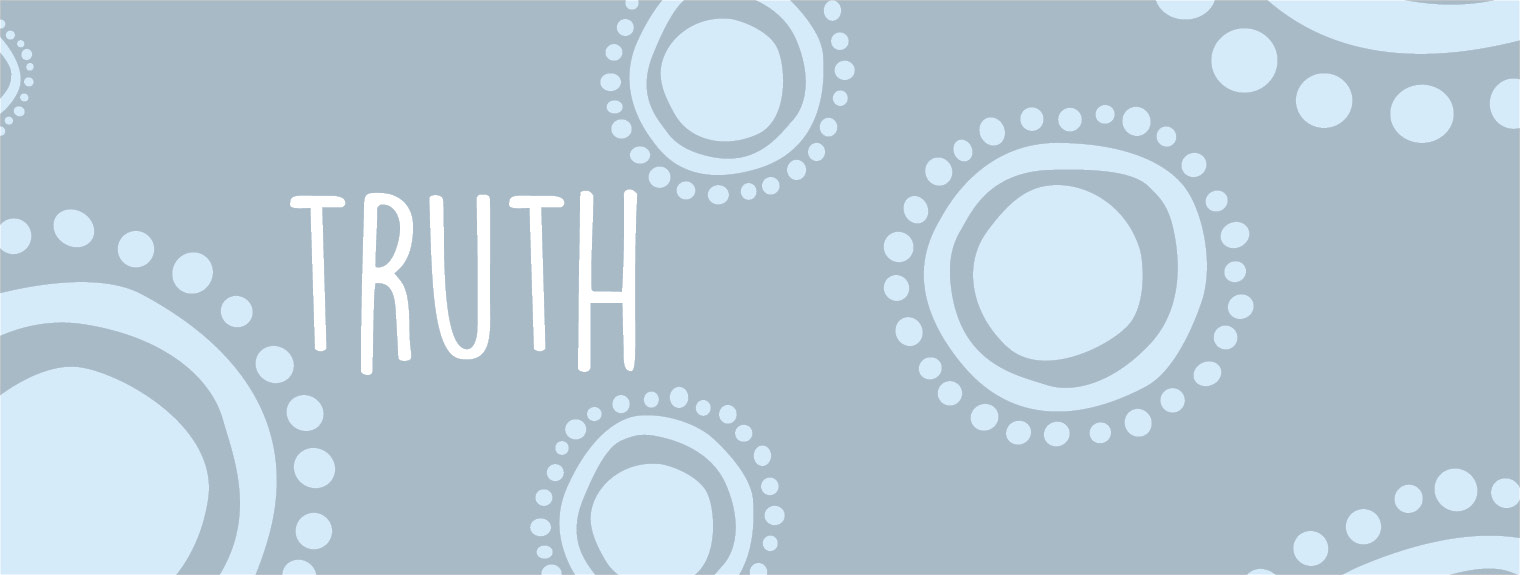Aunty Eva-Jo Edwards is a Mutti Mutti, Boon Wurrung and Yorta Yorta woman and survivor of the Stolen Generations. She is a proud mother, grandmother and respected member of her community.

A strong advocate for Stolen Generations and young people in the Out of Home Care system, she has worked hard to affect positive change in her roles at community organisations such as Connecting Home, VACCA and now as part of Ngarra Jarra Noun, VACCA's Redress Support Service for those who have experienced sexual abuse whilst institutionalised as children.
She believes in the power of talking and sharing knowledge and often speaks publicly about her experiences to help educate the wider community and to end the cycles of mistreatment that our communities face.
In 2018, Eva Jo was voted one of Victoria's Westfield Local Heroes for her work in the community and also volunteered as a mentor at VACCA's Cultural Camps for young people in Out of Home Care.
Deadly Story welcomes Aunty Eva Jo as she shares her thoughts on 2019's NAIDOC theme of 'Voice, Treaty, Truth.'


What does it mean for the Aboriginal Community to have a voice in our modern society?
Well, we don’t have much now, do we? In the sense of getting to that higher level. We get to certain spaces and then it’s a non-Aboriginal person talking on our behalf. I would like to think that having a Treaty, and having Aboriginal people speak on Aboriginal people's behalf would be a greater and more positive thing to look at... Aboriginal people have wanted Treaty forever, here is our opportunity. Whether we agree or disagree with how it’s being done, we are going to have an opportunity to have a bigger voice and a choice to elect who those voices are.
Having Aboriginal people speak on Aboriginal behalf would be a greater and more positive thing to look at
You’ve got to continue to have the conversation with people, to inform yourself and if you are unsure you talk to your Elders that know about what’s happening. Like I’m going to try to talk to Aunty Faye Carter and Uncle Kevin Coombs and Aunty Carolyn Briggs.
We need to make sure that the most vulnerable people are going to be looked after in all communities, advocated for and have their own voice. This all must be for them too.
We need to make sure that the most vulnerable people are going to be looked after in all communities, advocated for and have their own voice
What are your ideas for how the Aboriginal voice in this country can be given a greater platform?
I think social media and having conversations, talking to people who are in the know. Whether we agree or disagree with the people who are at the forefront of things like Federation and the Treaty Commission, it’s about continuously being informed. And my belief is that it’s not just one story that should help inform your opinion. Talk to Elders, talk to your leaders and to community in general. Make it a conversation over a social environment, even if it’s only half an hour. Keep it at the forefront.
Talk to Elders, talk to your leaders and to community


What does treaty mean to you?
That’s a hard one, because I’m only just learning about what Treaty is about. At the end of the day, if it gives me a voice as a Stolen Gen – as one of the most vulnerable people in our community – I would see it as an amazing thing. If we have a voice, and someone’s going to talk on behalf of us and include us, I would have to think it’s going to be a great thing, for this state and for the nation.
As an Aboriginal person born before Referendum, to see changes that have been made; being able to vote and be counted as a citizen, and then to be alive for something like Treaty... To think our Elders of the past have fought so hard for what we have today – I feel like they haven’t fought for these things in vain. The struggles that those families endured because they travelled and fought so hard for so long to ensure we had health, justice and better care for those of us in out-of-home care.. I want to believe that it’s something that is going to benefit not just my kids, grandkids and great grandkids, but that it’s going to benefit us who are here today.
To think our Elders of the past have fought so hard for what we have today – I feel like they haven’t fought for these things in vain
We’ve talked about a Treaty for so long and we’ve talked about Australia being the only Commonwealth country that doesn’t have a Treaty with their First Nations people, so here’s our opportunity, why not grab it and go with it? I’m believing in it the more I continue to have the conversation, continue learn and continue to talk to people.
And have disagreements, that’s okay, but let’s not look out for just our own reasons, because I want Stolen Gens to be cared for and I want our homeless looked after and children in out-of-home care to be able to have a voice. I just don’t want the most vulnerable people in our communities who don’t always have a voice to be forgotten about.
I want Stolen Gens to be cared for and I want our homeless looked after and children in out-of-home care to be able to have a voice
I would like to think it could be a great contract between two groups of people, and not just about the individual but about whole nations of people that need to be represented.
What aspects do you think should be included in the conversation about treaty?
Language is so, so, important. Every aspect is important. It’s your land right, your languages, your culture and your people. Housing should be included, languages should be taught in mainstream schools, Stolen Gen should be advocated for and reparations made. Different Mobs will have different priorities but really, all our culture and looking after all our best interests should be included, be it out-of-home care, justice, land rights. It’s all important.
It’s your land right, your languages, your culture and your people


What is a fact or truth about Aboriginal history and current experience that you think should be widely known?
Aboriginal people are one of the fastest growing populations in Victoria (thanks to me and my 6 kids and 7 grandchildren, ha ha) we are still here, it’s common for people to still think we are not here. Because we are not what stereotypes say we are. I’ve had so many people on my journey ask my nationality and not believe me when I tell them. People think "we are non-existent, we have been wiped out." If we are expected to be seen, it’s where our organisations are, like the old days of Fitzroy because that’s where we gathered and were seen. But because we’ve been made to assimilate, we live in suburbia because we want to blend in. We want to live normally, whatever normal is.
Aboriginal people are one of the fastest growing population in Victoria
What do you think needs to be done to make these truths known?
Of course, the answer is education. Education is everything, isn’t it? But it’s not just the education in the school, it’s the education in your own environment, in your home in your family. And if we’re not up to date, it is up to us both Aboriginal and non-Aboriginal to find that information. It is bringing our history to the forefront. And reminding not just non-Aboriginal people but us as Aboriginal people, we need to be reminded why we have Victorian Aboriginal Child Care Agency, the Aboriginal Advancement League, the Victorian Aboriginal Legal Service and the Victorian Aboriginal Health Service, and why we have Fitzroy Stars.
It is bringing our history to the forefront.
